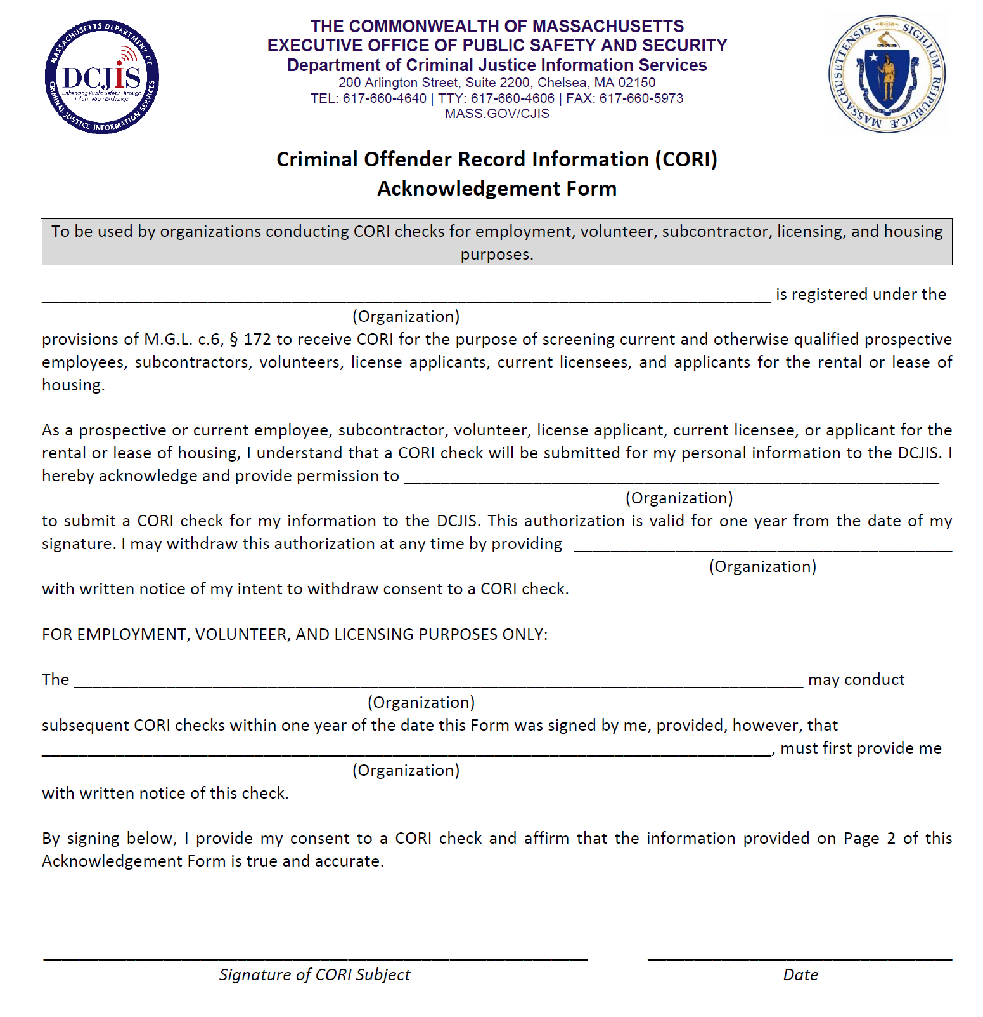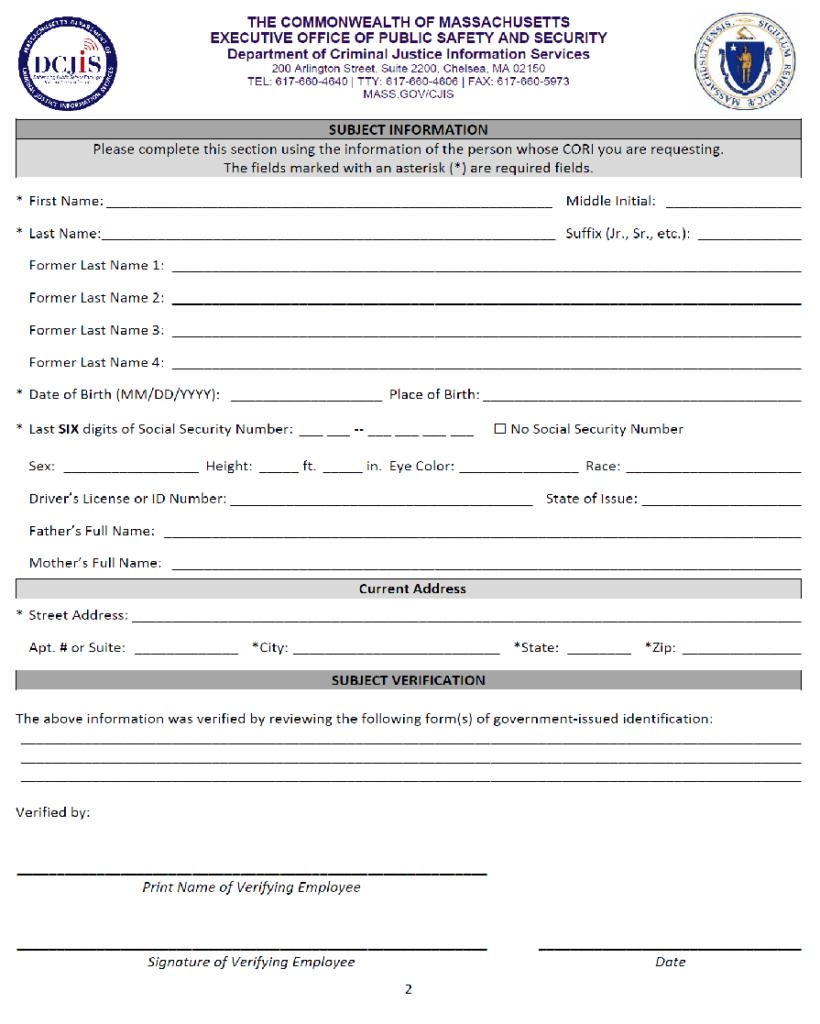Training Children & Youth
Ideally, all children/youth should receive training and education on issues of personal safety and abuse prevention. However, not every organization…
Home / Screening & Hiring / Conduct a Risk Assessment
To strengthen your screening and hiring process, you can use the questions in Thinking About Risk to make decisions about what additional background screening practices you will utilize. Whether performed formally by an HR office, or with pencil and paper by a small business owner, these questions are designed to help you carefully examine the types of risk individuals in positions of trust with children may pose—focusing on opportunities for harm. The questions will help you think about your physical setting; the ages and vulnerabilities of the children/youth you serve; an applicant’s potential contact with the child/youth; the nature, duration, and frequency of that contact; and the level of supervision and monitoring of that contact. Based on the results of this analysis, you may need to pursue further screening.
Based on this assessment, positions should be assigned a risk designation:
These designations should correlate with your organization’s requirement for specific screening protocols, and should be indicated in your job descriptions. According to best practices, the higher the risk to children, the more in-depth the screening protocol for a position should be.
A screening protocol addressing multiple levels of risk applies to larger organizations with sufficient numbers of employees and volunteers serving in different functions, and with varying levels of interaction with children and youth. It’s not uncommon for organizations like this to pay for the services of a commercial vendor to conduct these types of multi-level background checks—from standard Massachusetts criminal records checks (CORI/SORI) to national, multi-state (especially those states in which the applicant has worked or volunteered previously), international, and Interpol criminal and sexual offense records searches.
For smaller YSOs and businesses with few employees or volunteers, where a manager or supervisor is responsible for screening and hiring applicants, and the risk is determined to be equivalent or level across positions in the organization, the policy could be equal treatment of all applicants, with a standard screening protocol that applies to applicants for all positions interacting with children and youth.



Training
Ideally, all children/youth should receive training and education on issues of personal safety and abuse prevention. However, not every organization…
Safe Environments
Safe Environment Strategies: Access Complementing the physical aspects of safety are the procedural aspects of safety and security, and how…
Reporting
Visit the website, Massachusetts Department of Children & Families Locations to find contact information for your local office and see…
Training
Effective abuse prevention training provides learners with new information, knowledge, and skills. Your leadership is critical to the ways in which…
Reporting
With some exceptions, a single incident or observation of suspected abuse or neglect may not necessarily trigger the need for a call to the…
Sustainability
Leadership at Youth-Serving Organizations (YSOs) should maintain regular communication on the culture of safety with staff, volunteers, parents, and…
Sustainability
Community interaction and involvement is important in maintaining a culture of safety surrounding your Youth-Serving Organization (YSO). In order to…
Screening & Hiring
To determine what screening tools are most appropriate to use for a particular position and to ensure consistency in your screening protocols, we…
Code of Conduct
Your Code of Conduct will provide your staff, volunteers, and others responsible for children and youth with very specific guidelines that will…
Screening & Hiring
Screening means thorough reference and background checks, including review of criminal and sexual offender records, for all employees, staff,…
Customized child sexual abuse prevention guidelines to meet the unique needs of any organization that serves children.
Safe Kids Thrive is managed by the Children's Trust of Massachusetts
Learning Center Registration
Sign up for an account and start your learning experience.
Free Online Assessment
Let us help you find out where to start.
